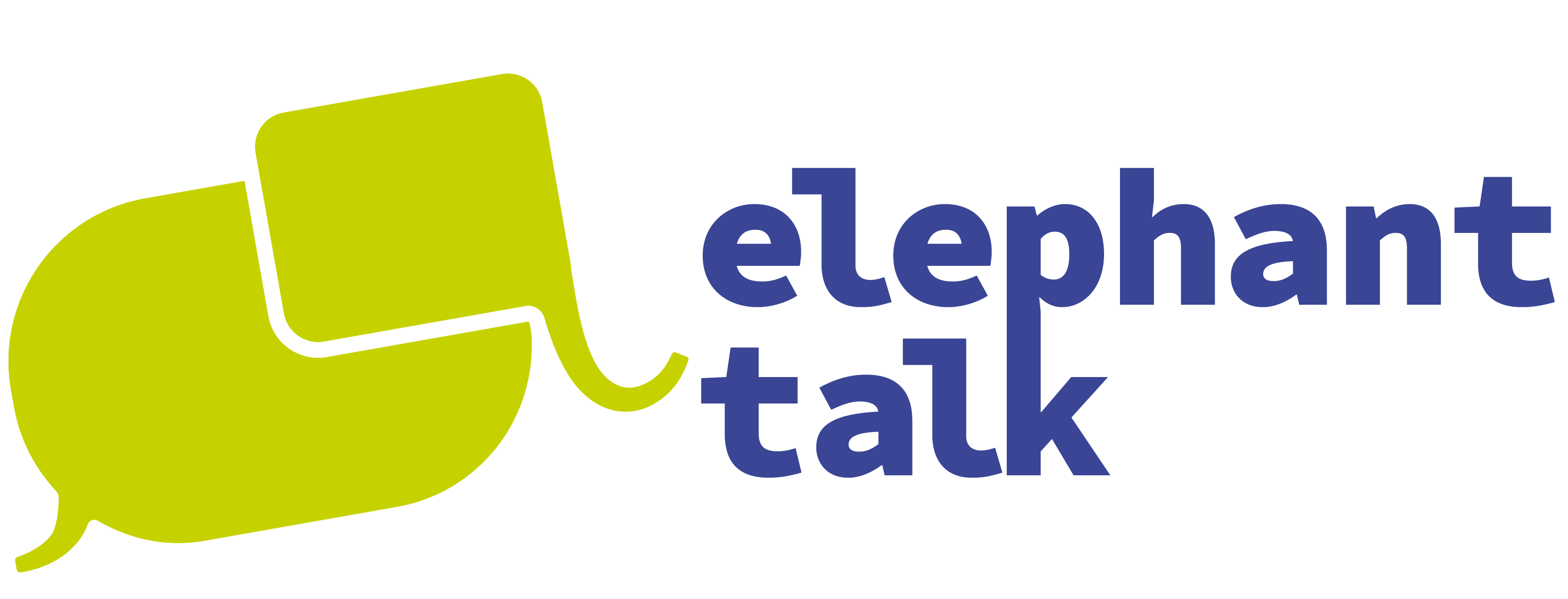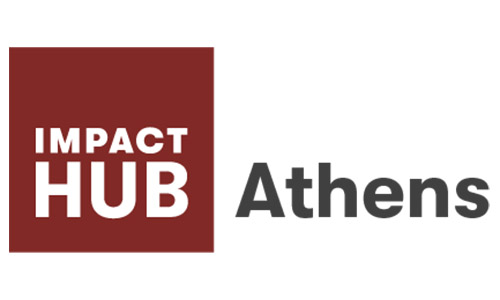
Where: Italy, Greece, Romania, Portugal Duration: 18 months Funder: EACEA, CERV-CITIZENS-CIV (Citizen’s Equality, Rights and Values Programme – Citizen’s Engagement and Participation) Beneficiaries: Socio-educational educators, young people
Partners: Maghweb, Impact Hub Labs, Polylogos, Young Educators
Elephant Talk is a youth active citizenship project created by Maghweb in collaboration with Impact Hub Labs, Polylogos and Young Educators funded by the EACEA in the CERV programme, Citizen’s Engagement and Participation strand.
The project aims to engage young citizens across Europe in a collective, international collaborative data gathering and visualisation action against online gender-based hate speech with youth workers from their different communities. Through a series of international gender-sensitive data gathering and visualisation training events for youth workers, locally driven international data gathering and visualisation actions and active dialogue between young people and members of the EU parliament, the project will foster young people’s critical understanding and collective engagement with online gender-based hate speech as a systemic, EU-wide phenomenon.
The project includes:
- An international itinerant training program in Italy and Greece for socio-educational animators, focusing on the collection and visualization of “gender-sensitive” data.
- National mirror actions for data collection with young citizens and socio-educational animators, addressing the phenomenon of incitement to misogynistic hatred.
- An international data visualization effort highlighting various aspects of misogynistic hate speech online.
- The activation of a lively dialogue between young Europeans and members of the European Parliament in Brussels on strategies to counter misogynistic hate speech.
 #ElephantTalk #CERV #EACEA Funded by the European Union. Views and opinions expressed are however those of the author(s) only and do not necessarily reflect those of the European Union or the European Education and Culture Executive Agency (EACEA). Neither the European Union nor EACEA can be held responsible for them.
#ElephantTalk #CERV #EACEA Funded by the European Union. Views and opinions expressed are however those of the author(s) only and do not necessarily reflect those of the European Union or the European Education and Culture Executive Agency (EACEA). Neither the European Union nor EACEA can be held responsible for them.


